

Delhi Medical Council , a Statutory Body constituted in September 1998, as a result of enactment of Delhi Medical Council Act, 1997 by the Government of NCT of Delhi. Delhi Medical Council is vested with powers, duties and function of regulating the practice of Modern Scientific System of Medicine in the NCT of Delhi.

Delhi Medical Council, a Statutory Body constituted in September 1998, as a result of enactment of Delhi Medical Council Act, 1997 by the Government of NCT of Delhi. Delhi Medical Council is vested with powers, duties and function of regulating the practice of Modern Scientific System of Medicine in the NCT of Delhi.
Delhi Medical Council , a Statutory Body constituted in September 1998, as a result of enactment of Delhi Medical Council Act, 1997 by the Government of NCT of Delhi. Delhi Medical Council is vested with powers, duties and function of regulating the practice of Modern Scientific System of Medicine in the NCT of Delhi.
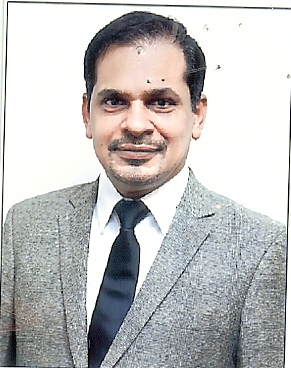
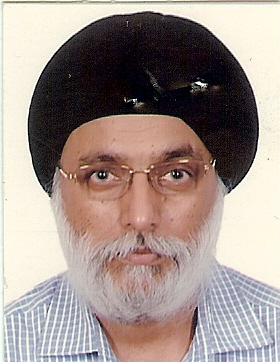
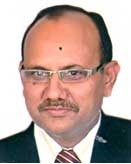
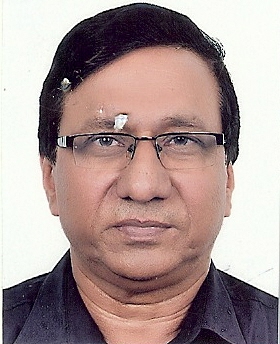
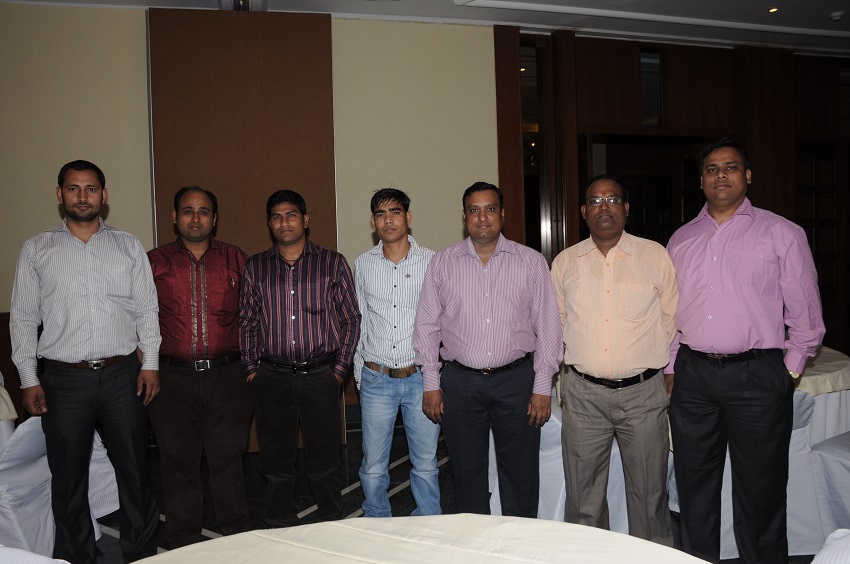
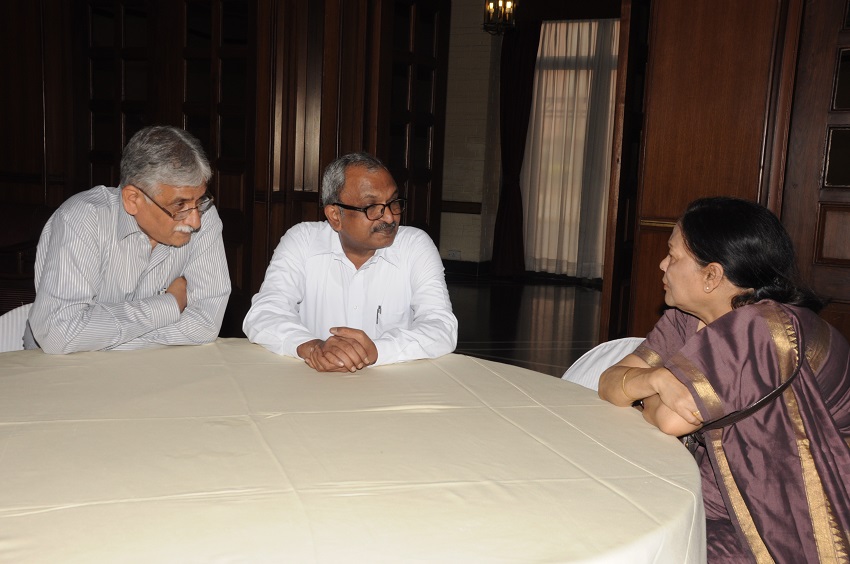
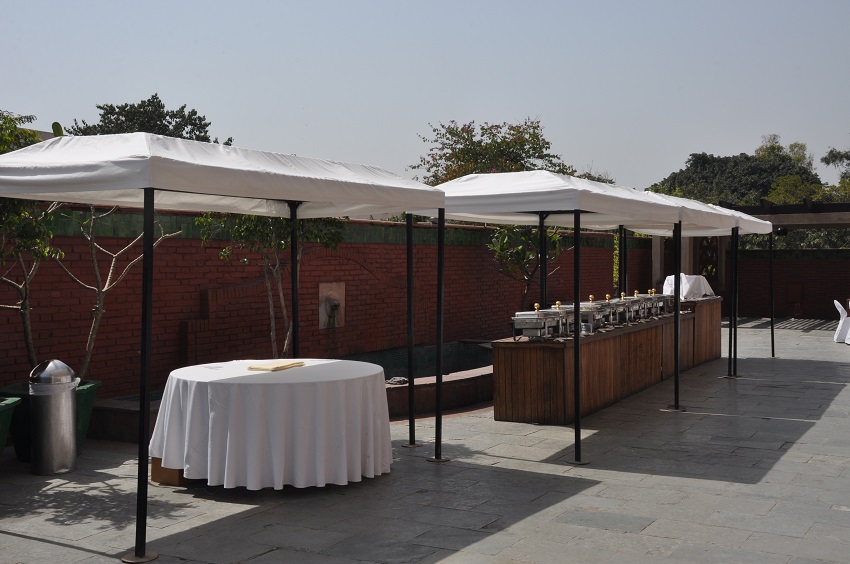
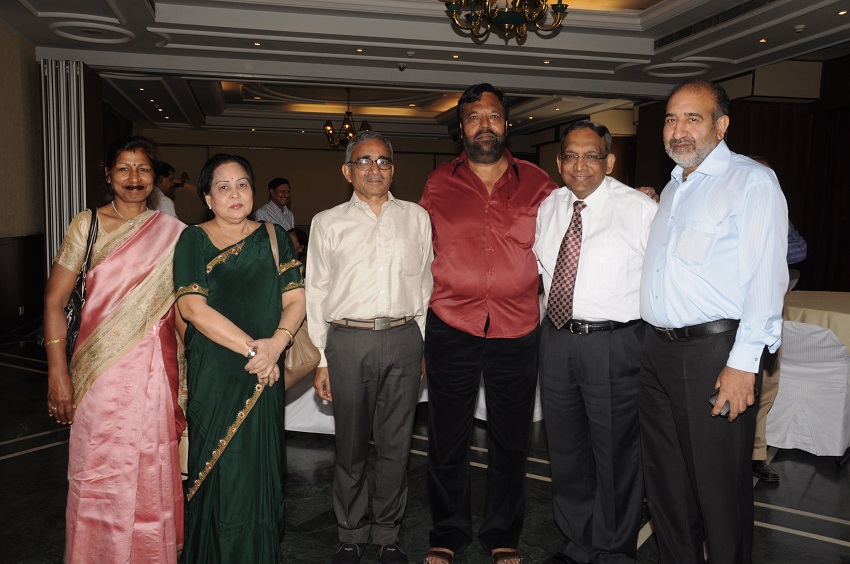
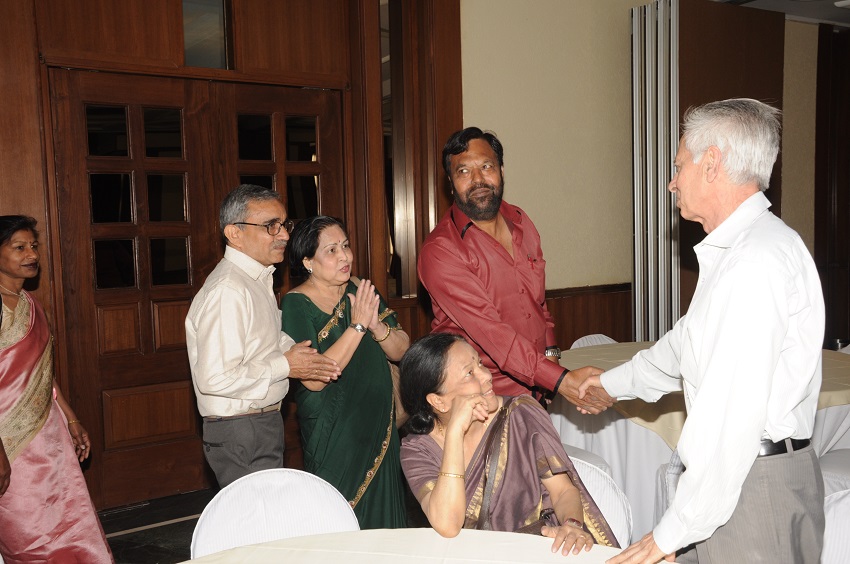
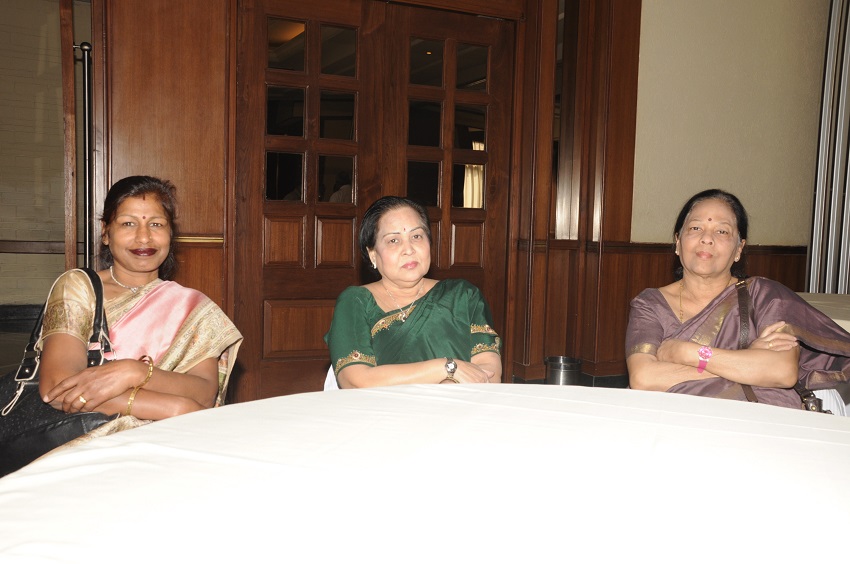
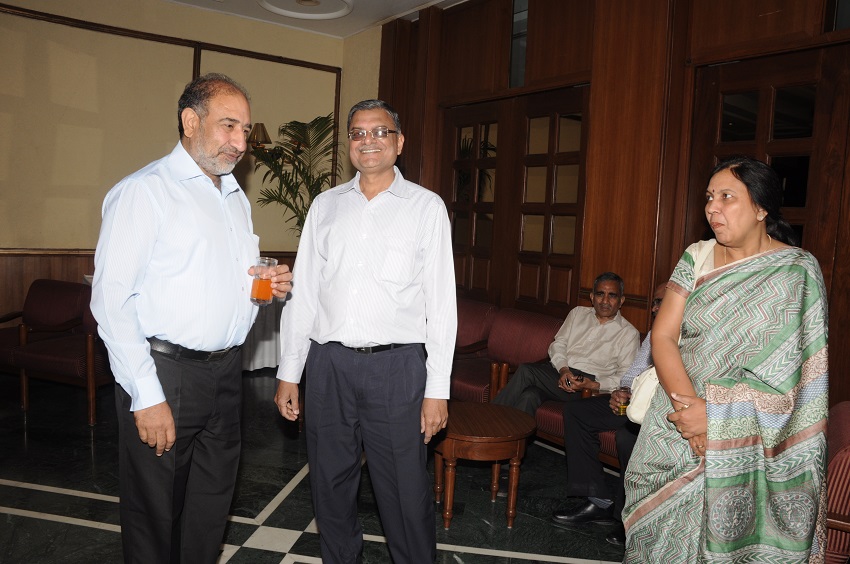
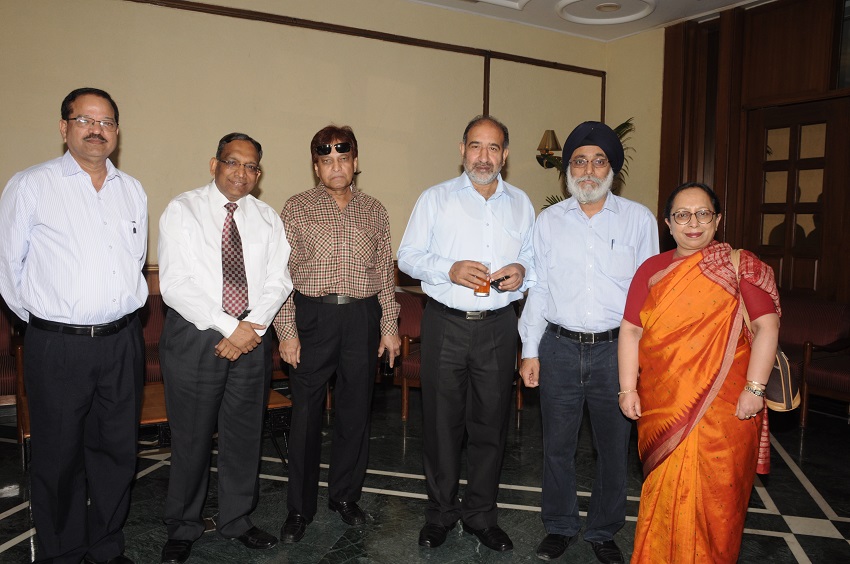
2017, All Right Reserved
Please note that all complaints of medical negligence/professional misconduct against a registered medical practitioner received in the Delhi Medical Council are first screened by the Executive Committee of the Delhi Medical Council itself or in consultation with a medical specialist to which the complaint pertains and if at that stage the Executive Committee is of the opinion that the matter cannot be disposed of and the same require further investigation, such cases are referred to the Disciplinary Committee for hearing. On the date of hearing or any other date to which hearing could be adjourned, it shall be obligatory on the parties to appear before the Disciplinary Committee of the Council. Where the complainant fails to appear on such days, the Disciplinary Committee may in its discretion either dismiss the complaint for default or decide it on merits, where the opposite party fails to appear on the date of hearing, the Disciplinary committee may decide the complaint ex-parte. The decision of the inquiry is put up for confirmation before the Council and after the same is confirmed, it is communicated to the respective parties and to other as may be required.
"The complaint shall contain the following particulars:-
No complaint shall be entertained unless it is in writing and signed by the person making it. The complaint shall be verified by the complainant. The complainant shall file six copies of the complaint along with such number of copies as there are opposite parties in the complaint. All anonymous and frivolous complaints shall be rejected."
NOTE: After registration please check your registered email for password